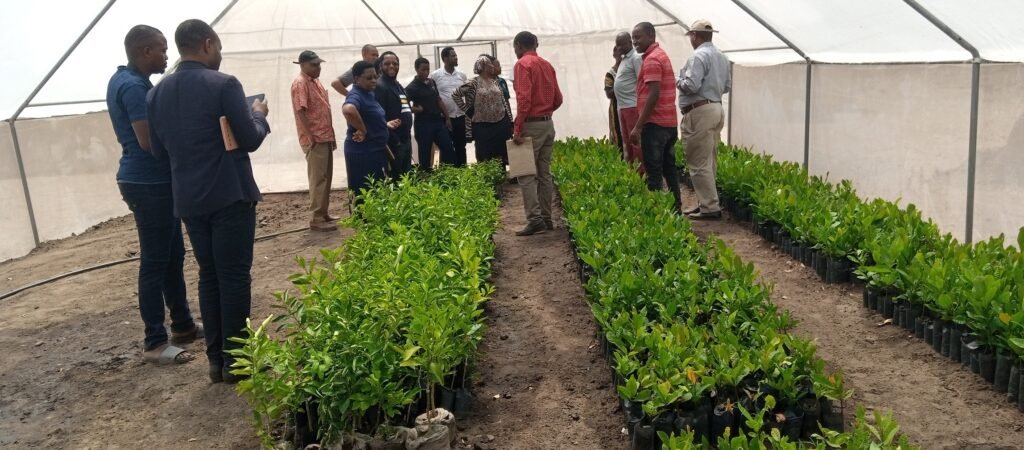With more hands on the plough, production has tripled, attracting more costumers from big cities and improving the income of the farmers.
“Though a student, l am also into cassava farming. The income I earn enables me buy some books and pay my school fees. This is a relief to my parents,” says Anthony Doh, a young cassava farmer who benefited from the training project.
Cassava is a staple food in Cameroon and most parts of west and Central Africa. However, its production like most food crops experts say, is hampered by lack quality seeds, attack by pests, and a lack of farm inputs such as fertilisers.
“When farmers are given the support they need it’s possible for Africa to fight hunger,” says Agustin Njamnshi of the Pan African Climate Justice Alliance (PACJA).
Farmers also worry about the poor condition of roads, which make it difficult to transport their produce to markets. “We need good roads. Our products go bad because of delays in reaching distant markets. The roads in Sangmelema are a nightmare,” Doh says.

